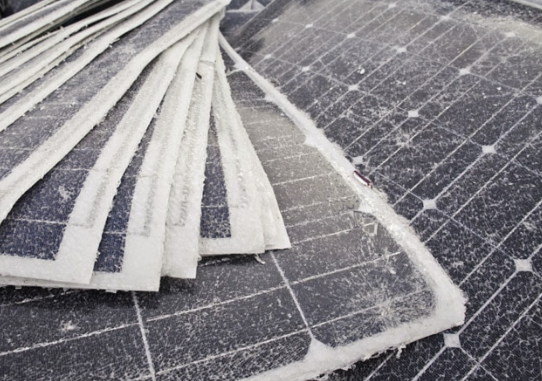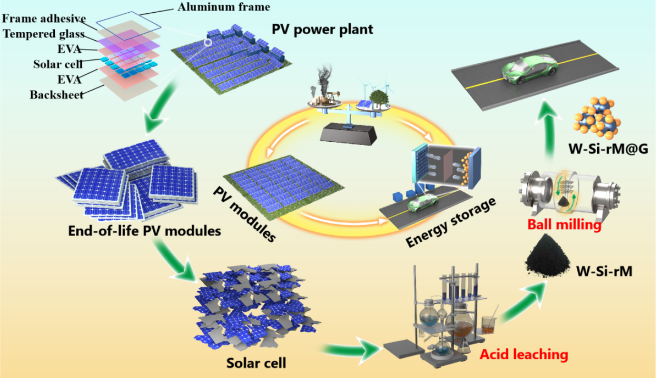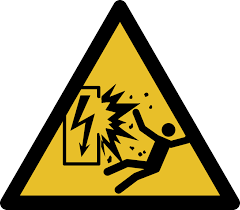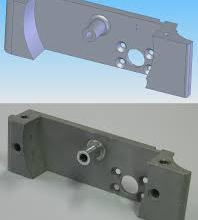
Solar panels are known for their green credentials; however, with many solar products now approaching the end of their life span, how do we continue to ensure their purpose is not lost by disposing of them in harmful-to-the-planet landfill sites?
The first generation of solar installations is forecast to die within the next five to ten years; by 2050, we could have 300 million tonnes of scrap panelling globally. For comparison, this figure is the same as waste plastic.
Recycling
Over 70 per cent of European manufacturers of PV solar panel products are now part of the PV CYCLE initiative. These manufacturers adhere to the statutory requirements of Waste Electrical and Electronic Equipment legislation.
Members are fully committed to not only manufacturing a sustainable product but also ensuring it is sustainable after purchase. Products are mindfully designed, free from toxic components, and fully recyclable.
A recycling process implemented with either silicone-based PV products or thin film-based PV products is a highly effective way of recycling panels at the end of their lifespan, whether due to age, fault, or breakage.
In silicone-based products, 100 percent of metal, 85 percent of silicone and 80 percent of modules are reused. In thin film-based products, 95 per cent of the semiconductor materials and 90 per cent of the glass are reused.
Solar panel installation
Renewable energy sources are essential for the future of the world we live in. With solar panel installers in Weston and across the country now being knowledgeable about recycling and the effective solution for future models, there has never been a better way to boost your green credentials than contacting solar panel installers Weston. Solar panels significantly reduce your carbon footprint, with a standard system seeing 64 tonnes of CO2 offset. This is the equivalent of driving 155,000 miles in a petrol-fuelled car.
Solar panels can only be of any benefit to us if we have effective methods of recycling them, so choose a manufacturer that has shown commitment to helping the environment and follows the necessary manufacturing guidelines for sustainability.





